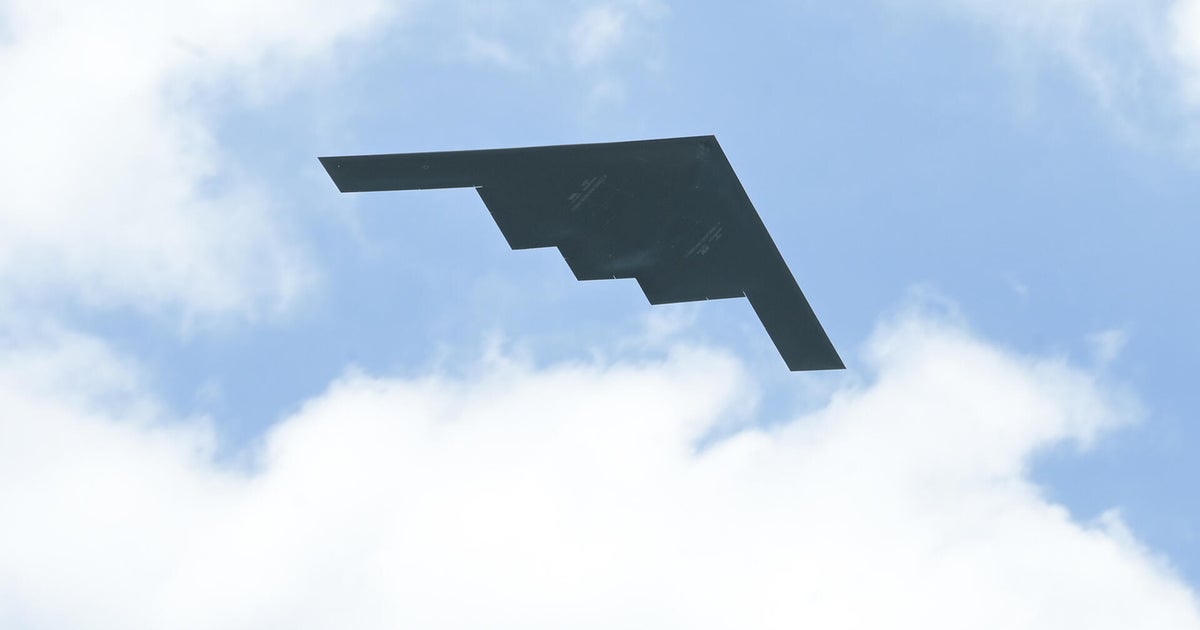
Washington — The U.S. pilots who flew in a bombing mission targeting Iranian nuclear facilities will attend the White House’s July 4 celebration this week, White House press secretary Karoline Leavitt said Monday.
The event is also expected to feature a flyover by B-2 Spirit bombers, the jets that were used to strike Iran’s uranium enrichment sites at Fordo and Natanz earlier this month in an operation ordered by President Trump.
Additional personnel from Whiteman Air Force Base in Missouri — where the bombers are based — will also attend the event, which is expected to feature remarks from Mr. Trump.
“President Trump looks forward to celebrating our nation’s founding on Friday in the nation’s capital. To join in the celebration, the might of America’s Air Force will conduct a flyover featuring our state-of-the-art F-22s, B-2s, and F-35s – the same air capabilities used for the decisive and successful strikes on Iran’s nuclear facilities,” Leavitt said in a statement.
Mr. Trump first said the pilots would be invited to the White House at some point in an interview with Maria Bartiromo on Fox News’ “Sunday Morning Futures” last weekend.
The Pentagon said seven B-2 bombers participated in the strikes on Fordo and Natanz, flying continually for the entire 36-hour round trip from Missouri to Iran and back — requiring multiple mid-air refuelings and assistance from fighter jets. The B-2s dropped 14 “bunker buster” bombs on Fordo and Natanz, while submarines launched cruise missiles at Iran’s Isfahan nuclear site.
Separately, another group of B-2s flew over the Pacific to act as decoys.
Mr. Trump has described the operation — which came after a more-than-weeklong Israeli bombardment of Iranian targets — as an unqualified success, saying key Iranian nuclear facilities were “obliterated” in the strikes.
The exact scope of the damage is unclear. One preliminary intelligence report assessed the nuclear program may have been set back by less than a year, but some officials have pushed back on those findings and say new intelligence indicates the program was set back by “years.”
Rafael Mariano Grossi, the head of the International Atomic Energy Agency, said Iran’s nuclear capabilities faced “severe damage,” but not “total damage,” in an interview with CBS News’ “Face the Nation.”
